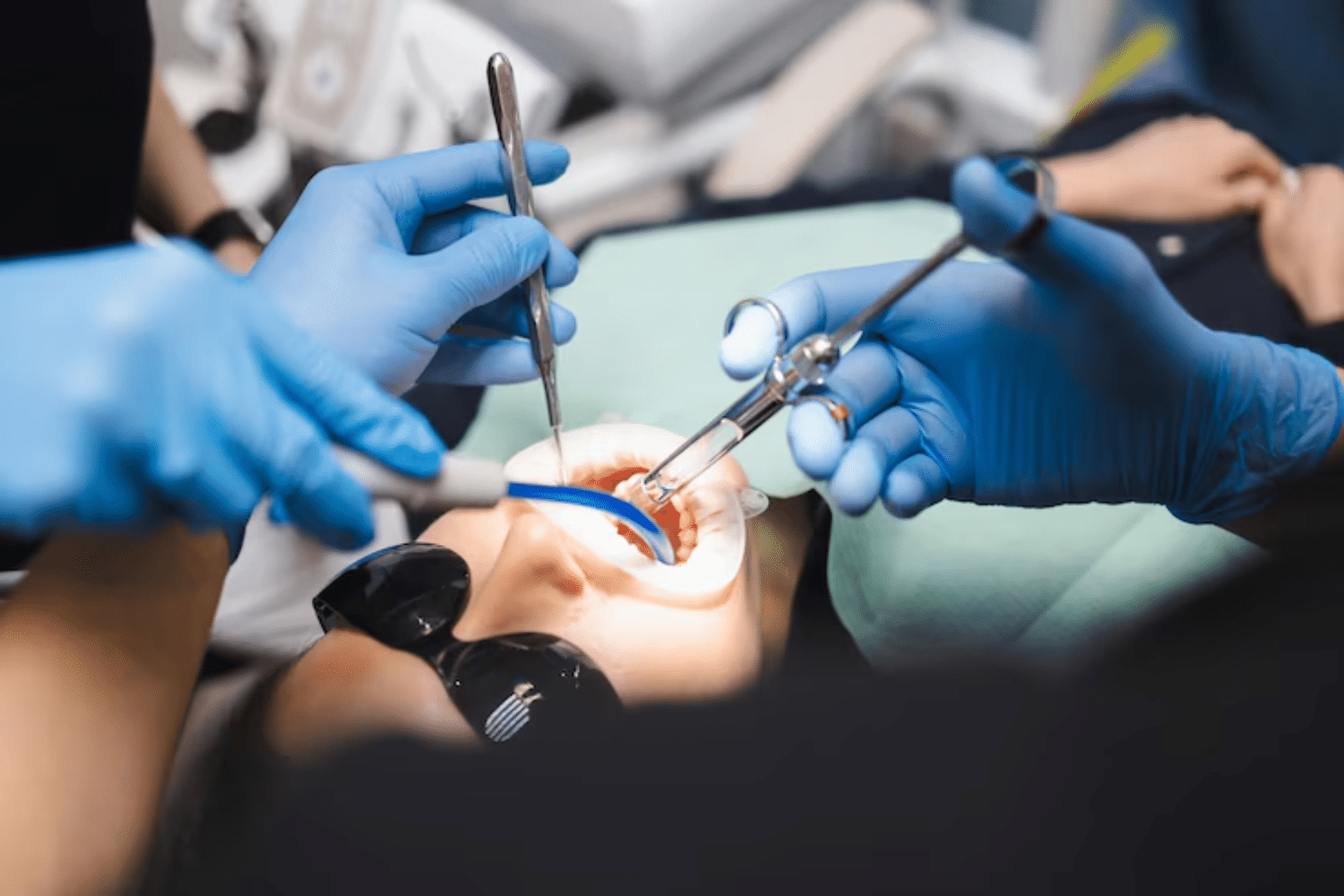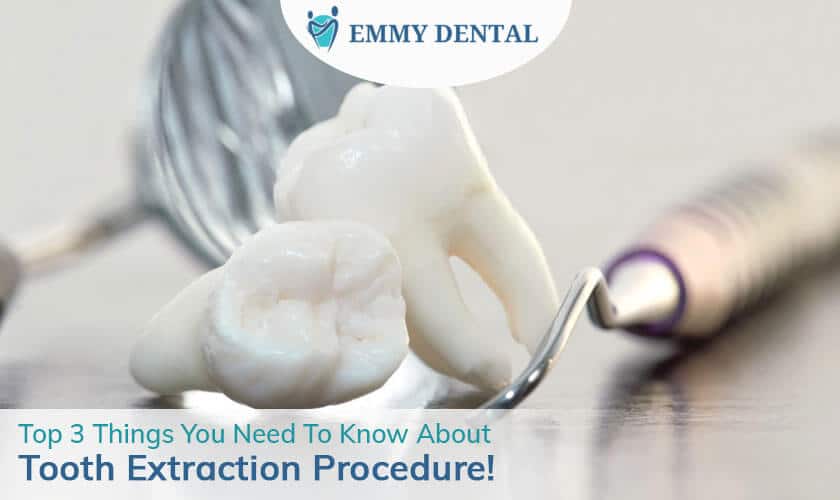
Which Tooth Extraction Is The Most Painful?
When it comes to dental procedures, the thought of a tooth extraction can be daunting. The pain level can vary depending on the tooth being removed and other factors. But which tooth extraction is the most painful? Let’s dive into the details to understand more about this procedure and how to manage the discomfort.
Why Tooth Extractions Are Necessary
Tooth extractions are performed for various reasons, including:
- Severe tooth decay
- Gum disease
- Crowded teeth
- Impacted teeth
Each situation requires careful evaluation by a dentist to determine the best course of action.
Types of Tooth Extractions
Simple Extractions
- It involves removing a tooth that is visible in the mouth.
- Typically performed under local anesthesia.
- Common for teeth that are fully erupted.
Surgical Extractions
- Required for teeth that are not easily accessible.
- Involves making an incision in the gum.
- Often necessary for impacted wisdom teeth or broken teeth.
Factors Affecting Pain Levels in Tooth Extractions
Location of the Tooth
- Molars and wisdom teeth are typically more painful to extract than front teeth.
- Upper teeth may be easier to remove than lower teeth due to bone density differences.
Condition of the Tooth
- Severely decayed or damaged teeth can complicate the extraction process.
- Impacted teeth, which have not erupted properly, often require more invasive procedures.
Individual Pain Tolerance
- Each person’s pain threshold can significantly influence their experience.
- Pre-existing health conditions can also affect pain levels and recovery.
Wisdom Tooth Extractions: The Most Painful?
Impacted Wisdom Teeth
- Often the most painful due to their position and the complexity of the extraction.
- It can cause swelling, bruising, and discomfort post-surgery.
Pain Management for Wisdom Tooth Extractions
- Over-the-counter pain relievers like ibuprofen or acetaminophen.
- Prescription medications for more severe pain.
- Ice packs to reduce swelling.
- Following a soft-food diet to avoid irritation.
How to Minimize Pain After Any Tooth Extraction
Immediate Aftercare
- Bite down on a gauze pad to control bleeding.
- Avoid rinsing your mouth vigorously.
- Do not use straws, as suction can dislodge the blood clot.
Long-term Care
- Maintain oral hygiene, but be gentle around the extraction site.
- Follow your dentist’s instructions for medication and care.
- Return for follow-up appointments to ensure proper healing.
When to Contact Your Dentist
- Persistent pain or swelling beyond a few days.
- Signs of infection, such as fever or pus.
- Difficulty opening your mouth or breathing.
Managing Anxiety About Tooth Extractions
Communication with Your Dentist
- Discuss any concerns or fears before the procedure.
- Ask about sedation options to help you relax.
Preparing for the Procedure
- Understand the steps involved in your extraction.
- Plan for adequate rest and recovery time post-extraction.
The Importance of Follow-Up Care
- Regular check-ups to monitor healing.
- Professional cleanings to maintain oral health.
- Addressing any complications promptly to avoid further issues.
When it comes to tooth extractions, understanding what to expect and how to manage pain can make the experience more bearable. Whether you’re facing a wisdom tooth removal or another type of extraction, proper preparation and aftercare are key to a smooth recovery.
Tooth extractions, especially those involving wisdom teeth, can be a source of anxiety for many. However, with the right information and care, you can navigate this dental procedure with confidence. Remember, your Cypress dentist is your best resource for personalized advice and support throughout the process.



